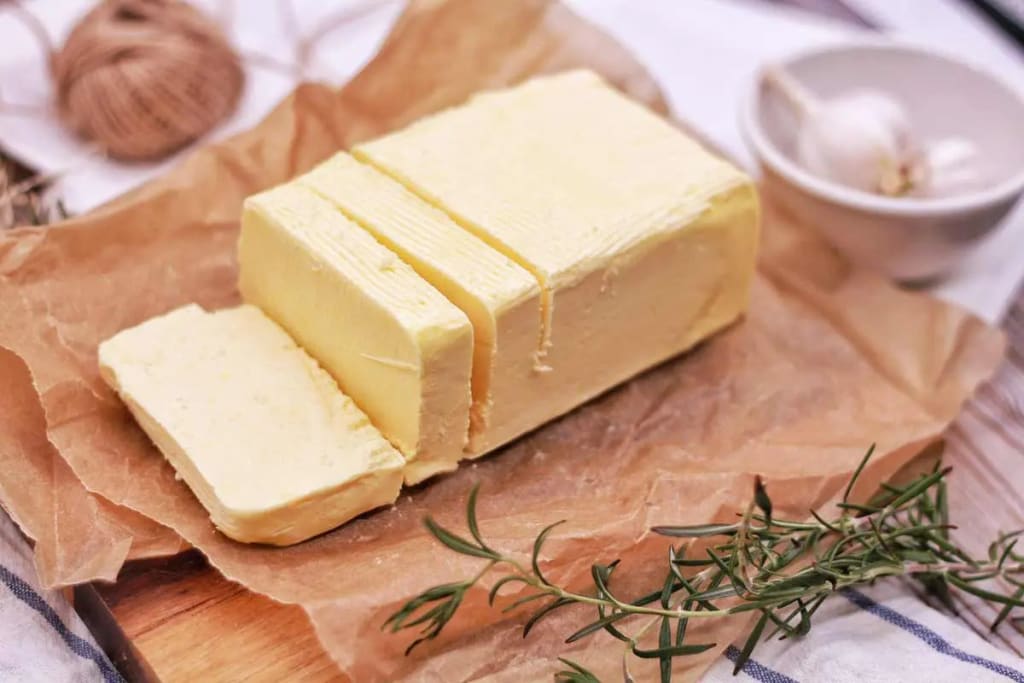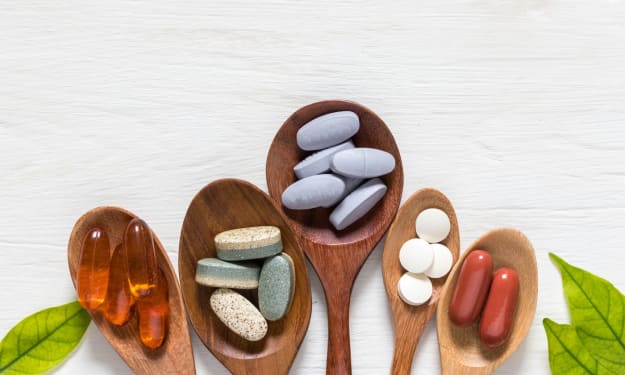How Dolphin Research Is Uncovering Butter's Hidden Health Benefits
This is for you!

Is it true that butter is good for you? Scientists have been debating this issue for years, and new data has thrown a new wrinkle into the mix: dolphin diets.
Dr. Stephanie Venn-Watson didn't expect to flip the food pyramid on its head when she started studying dolphins at the US Navy's marine mammal program.
Venn-Watson, a veterinary epidemiologist who formerly worked for the US Centers for Disease Control and Prevention in public health, believes the dolphins she worked with had a nice life. They go out into the water every day, return back to hang out, and live 50 percent longer on average than wild dolphins. However, as with humans, more aging dolphins means higher chances for age-related health problems such chronic inflammation, high cholesterol, and metabolic syndrome symptoms. In addition, some dolphins age more gracefully than others.
Diets higher in two odd-chain fatty acids, later named C17:0 and C15:0, were the secret of the healthy aging dolphins, according to Venn-Watson. C15:0 is the "goldilocks" of good aging, according to her and a team of researchers, who believe it can assist humans and sea mammals prevent prediabetes, lower inflammation, reduce the risk of cardiovascular disease, and more.
"We were able to detect that the healthy aging dolphins had considerably higher C15:0 and C17:0 than the poor aging dolphins," Venn-Watson adds, explaining that some dolphins were unwittingly obtaining less fatty acid in their diets.
According to Venn-Watson, the problem is that Americans have been educated to shun meals that contain goldilocks fat. We're missing out on a nutrient that could help us avoid common health problems or perhaps live longer lives if we treat all saturated fats the same way. Take, for example, our connection with butter and other full-fat dairy products.
What is C15:0?
C15:0, also known as pentadecanoic acid, is a chemical present in butter, whole-fat dairy, fish, cattle, and lamb. According to Venn-Watson, it's also found in small levels in some plants, such as chia seeds and peanuts, but only in one-tenth the quantity found in a serving of butter.
Venn-Watson and the other authors argue in a paper published in the journal Nature in 2020 that C15:0 should be classified as an essential fatty acid, elevating it to the level of other essential nutrients like omega fatty acids, which are essential for our health, serve as cell building blocks, and are only found in food. These are not the same as nutrients like vitamin D, which our bodies make when we are exposed to sunlight.
In the 1920s, scientists discovered sickness in rats fed a fat-free diet, which led to the discovery of important fatty acids.
C15:0 is a fatty acid that, according to Venn-Watson, has the potential to reduce the natural age-related breakdown of our cells, as evidenced by her Navy dolphin research. Human bodies, like dolphins', may be hard-wired to receive and utilise saturated fats. According to Venn-Watson, lab research has identified receptors in our cells called PPARS that operate like "small hammocks that sit in our body waiting for the perfect fat to settle in them." We've been leaving our hammocks swinging empty if Venn-research Watson's continues to reveal the power of C15:0.
Good fats vs. bad fats -- it's complicated
Many people have gone through their own experiments, including and omitting different sorts of foods from their diets as they try to figure out what's healthy and harmful for us based on the current guidelines. Eggs, cooking oils, and chocolate are just a few examples of foods that have swung back and forth between being "good" and "unhealthy."
Americans have been told for decades to avoid fatty foods for fear of developing high cholesterol, heart disease, or other health problems. In 1977, the US Senate released nutritional recommendations stressing a low-fat diet. However, nutritionists and dietitians have grown increasingly suspicious of the practice of banning fatty foods, pointing to the nutrients we miss out on when we don't eat fats, as well as the low-fat lifestyle's role in disordered eating behaviors.
Despite a drop in whole-fat milk consumption over time, rates of type 2 diabetes, obesity, metabolic syndrome, and nonalcoholic fatty liver disease have increased, according to Venn-Watson and her co-authors in a 2020 Nature article. There's also evidence that challenges the notion that fat is bad for you, implying that those who eat good whole fats are healthier than those who eat a fat-free diet.
However, changing the way we read and report on nutritional advice is no easy task. The discovery of C15:0 does not imply that we should transition to a completely fatty diet, as some fats still have little to no nutritional benefit (there are still some unhealthy fats found in butter, despite it being a great source of C15:0, for example). However, Venn-Watson and others who urge for additional C15:0 believe that supplementing it in meals like cereal, similar to other added nutrients, could be beneficial.
"The question is how can we reintroduce this into our diet, and how do we rethink regulatory recommendations on nutrition and saturated fats," Venn-Watson says. (Note: Venn-Watson sells Fatty15, a vegan C15:0 supplement.) This product has not been evaluated by CNET.)
Will C15:0 fatty acids eventually supplant omega-3 and omega-6 fatty acids as the healthiest fat? "Stay tuned," Venn-Watson advises, noting that she and her colleagues are working on other studies that are awaiting peer review. A research is currently planned to see if C15:0 supplementation in younger persons at risk for metabolic syndrome can help them consume more saturated fats.
How our dietary advice adjusts to include more healthy fats like C15:0 will be determined by time (and more research). But if the decades-long focus on reducing fat in our diet to prevent certain diseases has taught us anything, it's that dietary limitations aren't one-size-fits-all.





Comments
There are no comments for this story
Be the first to respond and start the conversation.